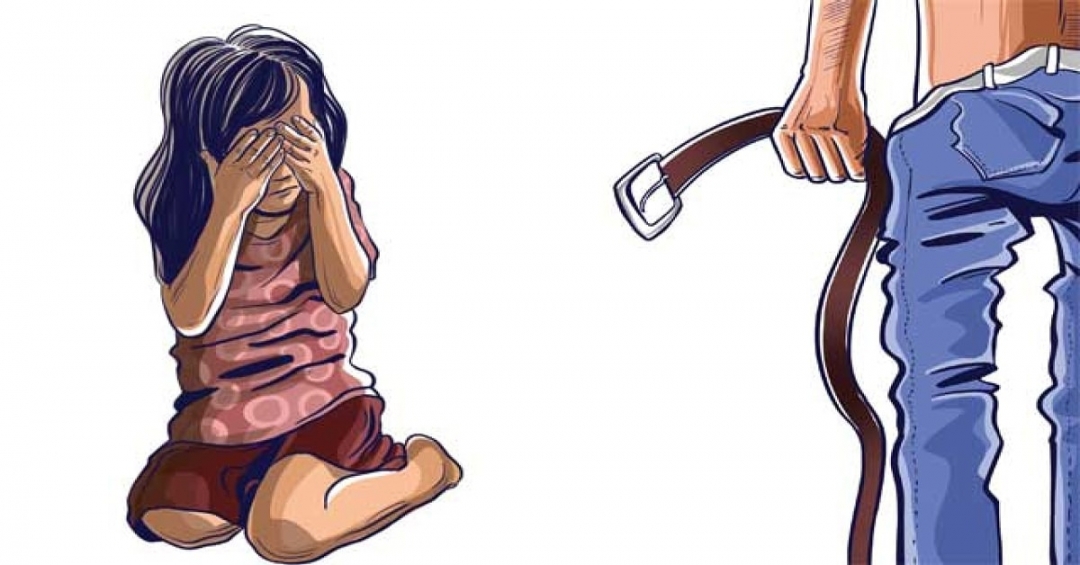It’s baffling how an innocent child can be seen as an object to practice sexual acts with. For many children who have gone through sexual abuse/molestation, these inhuman acts are mostly done to them by those closest to them. It makes one wonder if the home is not safe, then where can a child find refuge.
A lot of the time, in most African homes, the set-up is not only nuclear (parents and children) but from time to time you will find an uncle/aunt/cousin is part of the family either for a short or long period of time. This setup shouldn’t be a problem, but unfortunately, we find that within the extended family and in some cases immediate, there lie predators, waiting to pounce on our children.
Michael Opondo, interviewed on the Lynn Ngugi Show, is one such person, who has seen both the worst of what dysfunction in a family can look like. “I didn’t have that much conversation with my mother. It was always instructional, she’s giving me instructions, and I follow the instructions. She’s a very strict parent.”
In a quest to fend for her family, as she was separated from her husband, Michael’s mum worked in a business that required her to be away a lot. “She used to leave me with an uncle. I had this uncle who used to stay with us, he would remain with me as my mum goes to work. He used to sodomize me, I was in class 2/3, but I never told my mum, we were not that close. I wouldn’t open up to her. She was very strict and instructional.”
In case you may be wondering how he didn’t manage to shout or yell when all these things were happening. Michael states that “He threatened me to a point, I think he didn’t have to threaten me anymore.”
When we look at Michael’s scenario, and that of his sister who was also later raped by a family friend, all these situations happened right at the place that was meant to be safe…at home.
How can we stop this cycle? And how can we create more open relationships with our children, in turn leaving room for them to share strange or unjust experiences that they are going through with their parent/caregiver.
Rev. Peter Mugi, a Junior Church Minister, says “One of the ways is learning to be open with children, if you’re a friend to your children they are more likely to be open. If you are very harsh the child will tend to shy away. Another thing is to be proactive, teaching them where they should and should not be touch. Showing them that there are things that should not happen.”
We went ahead and also spoke to Dr. Lambert Oigara, a Psychologist who shared that “It’s a very complex matter especially if it has already happened, because of fear instilled, you might not pick it up until much later. Where we can start is talking about prevention, before it happens. The first thing is for parents to get to know their children. Ask questions, educate them about their body organs, what to do if there is someone who makes advances, create an open communication channel. He went on to add “Children express themselves openly and what they express is true.”
On the issue of how to handle the matter if this has already happened to your child he said “If it has already happened, watch out for sudden change in behavior. We subconsciously sometimes instill fear in a child, therefore they are not able to be open. Start to develop a relationship with the child, it’s not too late. It calls for a parent to be very keen on any changes in behavior.”
When all is said and done, this whole issue seems to be more than a justice issue or one that “the government we keep calling on” can handle, it needs to become an open topic amongst communities, where there is keen watch over children, who they are under, more care toward those who are from single-parent homes and just overall social responsibility taken more seriously.
Simply put, the whole idea of community living needs to come back, there needs to be more accountability systems created within the society to protect our children, and it starts with talking about it, and making it a point of concern in our families and communities.
These are our children, let us treat them as such!







